
Valerie Fraser Luesse
Contemporary Christian Romance
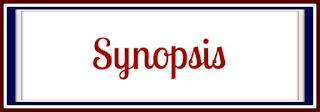
Based on a true story, Valerie Fraser Luesse’s new novel takes readers on an incredible journey of self-discovery. The poignant prose, enchanting characters, and captivating settings in The Key to Everything make this a moving story that readers won’t soon forget. Peyton Cabot’s fifteenth year will be a painful and transformative one. His father, the reluctant head of a moneyed Savannah family, has come home from WWII a troubled vet, drowning his demons in bourbon, and distancing himself from his son. When a tragic accident separates Peyton from his parents, and the girl of his dreams seems out of reach, he struggles to cope with a young life upended.
Pushed to his limit, Peyton makes a daring decision: he will retrace a slice of the journey his father took at fifteen by riding his bicycle all the way from St. Augustine to Key West, Florida. Part loving tribute, part search for self, Peyton’s journey will unlock more than he ever could have imagined, including the key to his distant father, a calling that will shape the rest of his life, and the realization that he’s willing to risk absolutely everything for the girl he loves.
AMAZON • BARNES & NOBLE
CHRISTIANBOOK.COM • INDIEBOUND
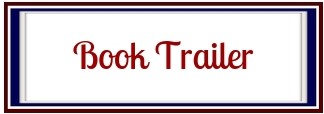
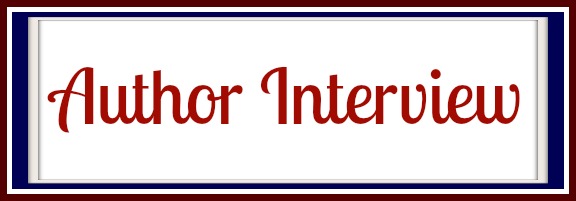
INTERVIEW WITH VALERIE FRASER LUESSE
Author of The Key to Everything
How has Texas influenced your writing?
I lived in Waco for three years when I was a grad student at Baylor. That’s where I met an amazing storyteller named Martha Emmons. She was in her late eighties or early nineties when I moved into her apartment complex, and we became fast friends. Martha was a retired teacher, a writer, a folklorist—one afternoon, she told me Texas stories, and I watched her become each character right there in front of me. Her voice and demeanor totally changed each time she spoke for a different one. I loved her dearly and learned a lot about storytelling from her. For me, Martha was Texas—independent, intelligent, funny, curious, kind, strong—all the best of the state.
How long have you been writing?
I can’t remember not writing. A dear writer friend of mine did an early edit of my first novel, Missing Isaac, and he had never read any of my fiction before—mostly because I had never written any, except for a couple of amateur short stories. And I remember he asked me if I had always made up stories in my head. I said, “Yeah, but when you’re a kid, they don’t call it writing—they call it pretending.” I guess I’ve always had an active imagination.
What kind(s) of writing do you do?
I’ve been a magazine writer for most of my adult life. First, I did corporate communications and magazine development for the parent company of Southern Living, and I’ve been associated with the magazine in one way or another for nearly thirty years. Right now, I’m the senior travel editor. I’ve written for and edited other nonfiction books, but my first novel wasn’t published until 2018.
What cultural value do you see in storytelling?
The Bible is the ultimate story, isn’t it—the true story of God’s relationship with humanity. Jesus frequently used stories—the parables—to help ordinary people understand extraordinary things. Stories can make people see things and understand them in a way that they can’t—or won’t—in real time or in the real world. Showing readers something, instead of telling them about it, can be very powerful because they see it and discover it for themselves. And what captures our culture and our human experience more than the stories we tell and the art we create?
How do you decide if your main character(s) will be male or female?
Actually, I don’t. I feel like the story decides—but that sounds strange even as I say it!
What did you find most useful in learning to write for publication? What was least useful or most destructive?
You have to recognize that writing is not just an art form, it’s also a craft. It’s not enough to have a good story in your mind if you haven’t spent time and work developing the tools and the skills you need to tell it. In other words, if you have a riveting plot, great. But if your subjects and verbs don’t agree and your sentences are a tangle, no one will stay with you long enough to find out what happens. So ignore all the websites that guarantee publication if you’ll just buy . . . whatever they’re selling. Focus on resources that will teach you how to get better and better at what you want to do, which is write. Speaking of which . . . write, write, write. And don’t be afraid of constructive criticism—the kind that you can see making your story stronger. On the other hand, ignore the Negative Nellies who just like to criticize for the sake of being critical.
Did you first experience rejections when submitting this manuscript for publication?
Not this one because I was already under contract with a publisher to write it. But my first novel? Absolutely. Once I connected with the perfect agent, she found Missing Isaac the best possible editor, who helped me improve it tremendously, even when I thought it was as good as it could be. It wasn’t, not by a long shot. Finding my dream agent who found my book the dream editor? It took about five years.
Are you a full-time or part-time writer? How does that affect your writing?
Until recently, I was a full-time magazine writer, but I’ve cut back to four days a week at Southern Living to give me a little more time for fiction writing and to help my parents more whenever they need me. The magazine and its editors have had a tremendous influence on my fiction writing. They showed me how to help a reader see a place through the details I choose. They taught me to ask the right questions during an interview. They sent me all over the South with great photographers, who taught me so much about the visuals of a story. All of that has been invaluable in helping me create a sense of place and develop authentic characters.
Do you now or have you ever considered writing under a pen name? Why or why not?
Yes! If I had a pen name, I could get away with a lot more. I wouldn’t edit with “the preacher’s going to read this” in the back of my mind. LOL
How has your formal education influenced or impacted your writing?
Both of my degrees are in English literature. Reading great books makes you aware of what’s possible—sometimes painfully so when you’re struggling—and it gives you a very high bar to reach for. I’ll never be another Eudora Welty but having read her amazing work makes me at least want to make my own stories the best they can be.
What does your perfect writing spot look like? Is that what your actual writing spot looks like?
I am very lucky in that I actually write in my ideal writing spot. It’s a miniature version of a coastal cottage my husband, Dave, and I saw in Bay St. Louis, Mississippi. He drew up a plan for it, and a friend of ours built it next to our house. We call it the “Story Shack.” It has a steep roof and a little front porch with gingerbread trim. The ceilings are painted “haint blue.” It has big windows on the front and is virtually soundproof. I’ve recently begun lobbying for a porch swing, but Dave hasn’t had time to build that yet. I’m on his list, though!
What book do you wish you could have written?
To Kill a Mockingbird and anything by Eudora Welty.
If you could speak with any accent from anywhere in the world, what would you choose and why?
I’m from Alabama, so it’s hard to imagine ever losing this accent! When I was at Baylor, I had a friend from New Mexico who said that if you graphed Texas speech, it would look almost like a straight line—very even and steady. But if you graphed a Southern accent like mine, it would look like a roller-coaster track—up and down, and up and down . . . he was probably right!
What’s your funniest flaw?
If you ask my husband, he’ll probably describe it as more annoying than funny, but for some reason, I don’t close doors. There are cabinet doors and closet doors and sometimes exterior doors standing open in our house most of the time. I have no idea why I do that.
What do your plans for future projects include?
Definitely more novels set in the South. One of these days, I’d like to write a nonfiction book based on a blog I started with great gusto but had to put on the backburner. I’ve always wanted to attempt a children’s book. When I retire and have more time, I’d like to create some writers’ workshops because I love working with young writers at the magazine. They teach me the digital world, and I coach them on their first print stories, which is a lot of fun.

————————————-
THREE WINNERS
Two Winners: Copy of The Key to Everything + $10 Starbucks Gift Card
June16-26, 2020
Or, visit the blogs directly:
|
6/16/20
|
Author Interview
|
|
|
6/16/20
|
BONUS Post
|
|
|
6/17/20
|
Review
|
|
|
6/18/20
|
Guest Post
|
|
|
6/19/20
|
Review
|
|
|
6/20/20
|
Excerpt
|
|
|
6/21/20
|
Excerpt
|
|
|
6/22/20
|
Review
|
|
|
6/23/20
|
Author Interview
|
|
|
6/24/20
|
Review
|
|
|
6/25/20
|
Review
|
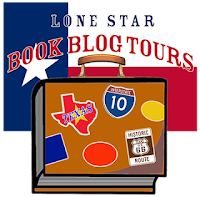
Note: Some posts may contain affiliate links. Should you choose to purchase a product, we will receive a small commission for the sale at no additional cost to you. Chapter Break is a participant in the Amazon Services LLC Associates Program, an affiliate advertising program designed to provide a means for sites to earn advertising fees by advertising and linking to Amazon.com.
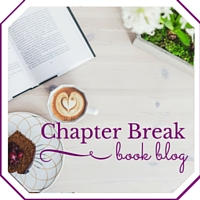
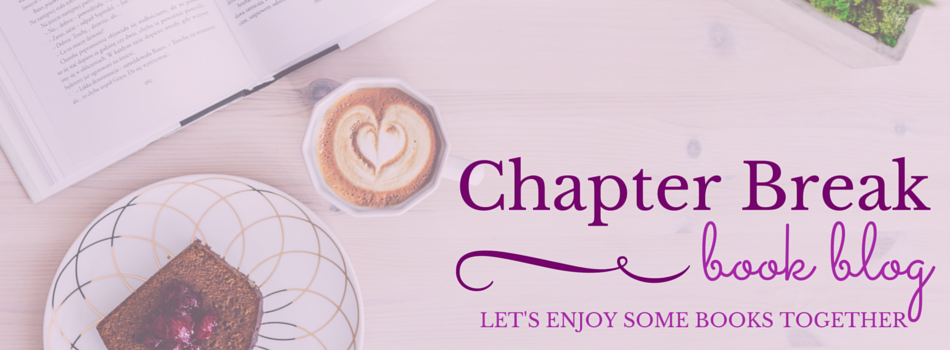
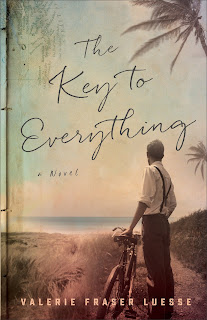

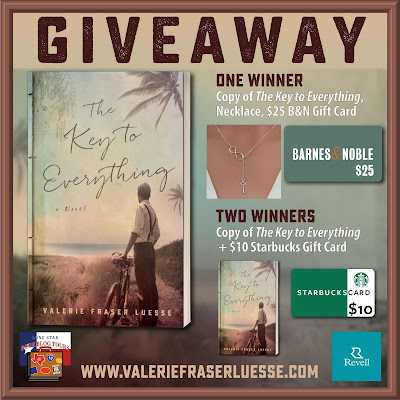


Thank you, Rose, Julie, and Lynn for inviting me over! I really enjoyed doing an interview with y’all, and I appreciate the chance to visit. Hope you enjoy The Key to Everything!
Thanks for stopping by the blog, Valerie!